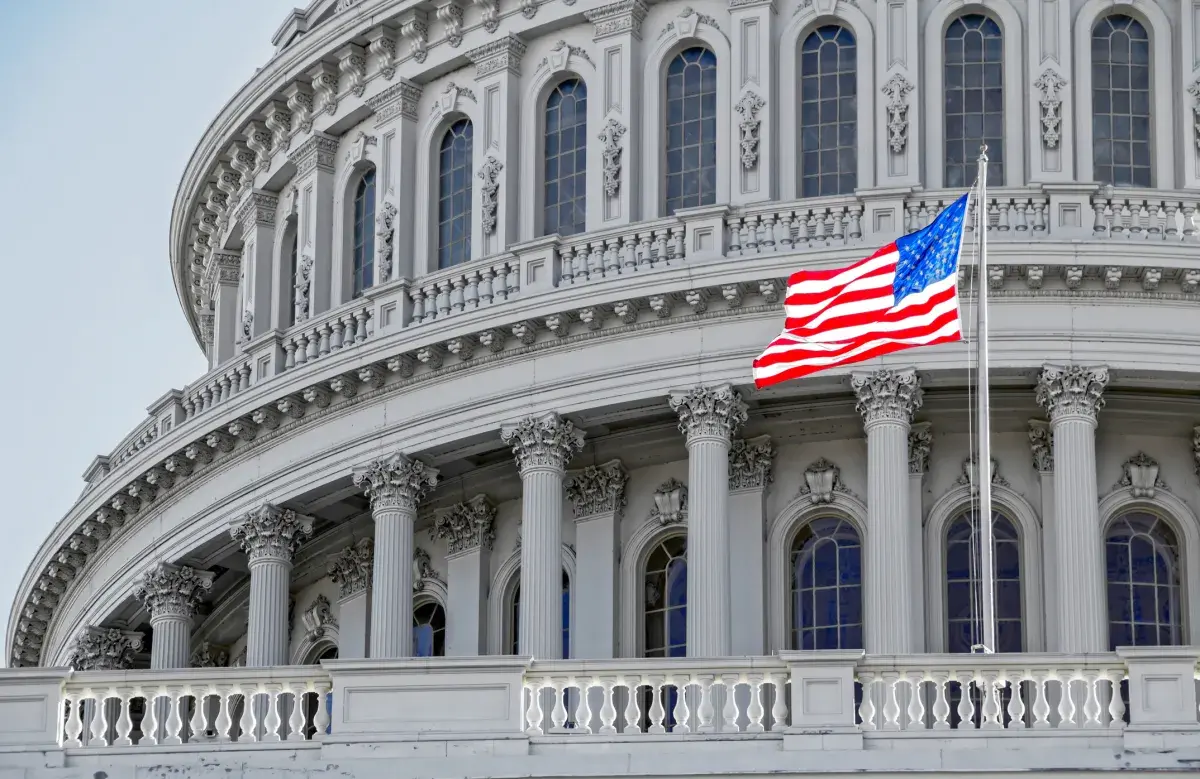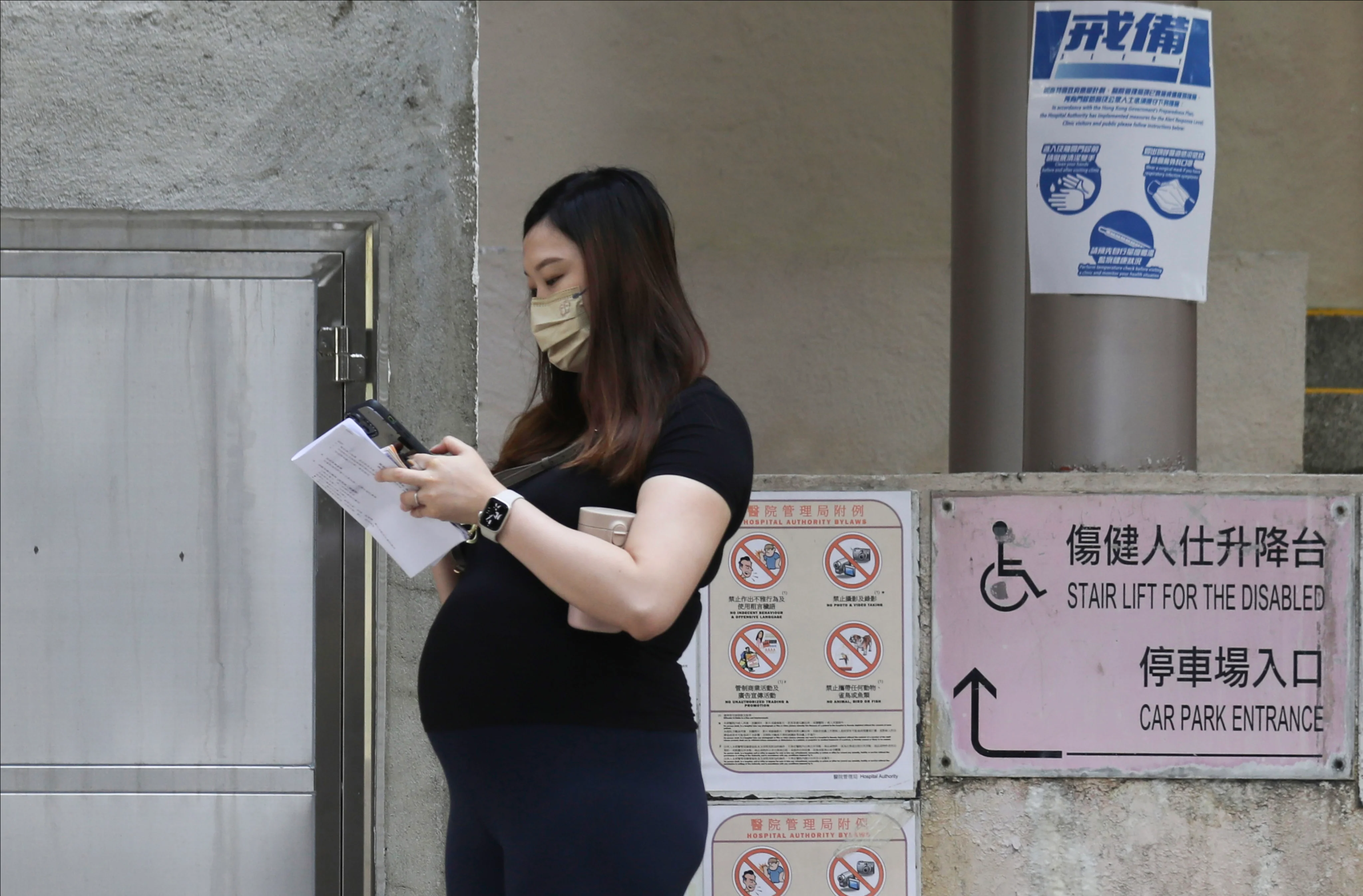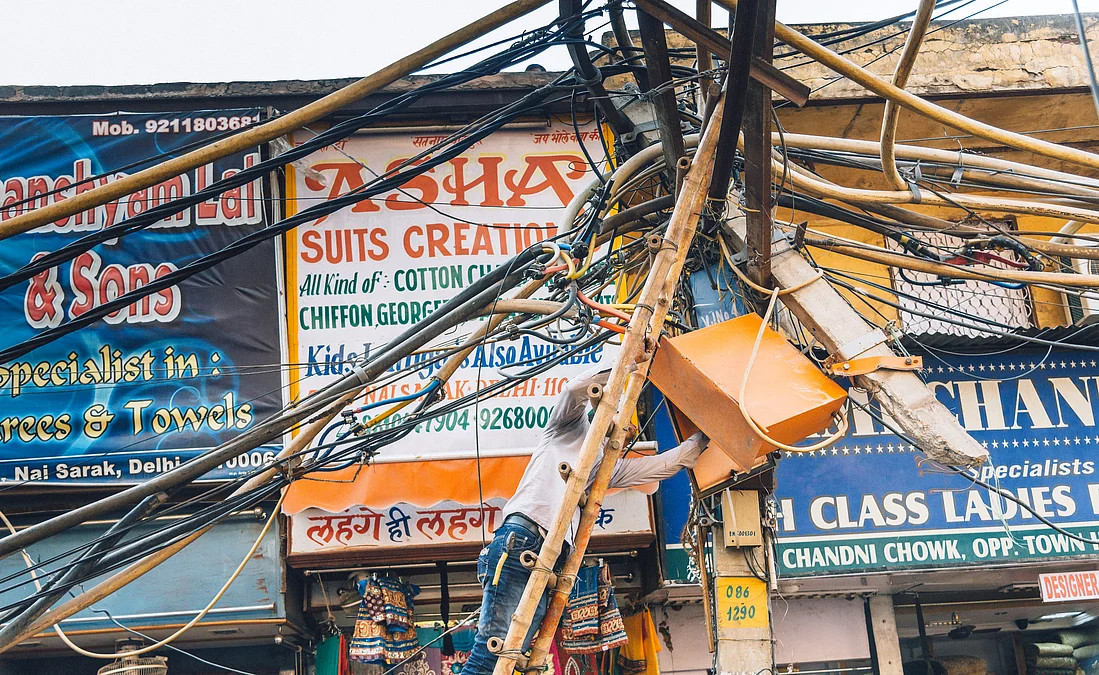
At 11:59 p.m. ET on Tuesday September 30, federal funding is set to run out, triggering a government shutdown unless Congress acts.
Lawmakers must either pass a short-term funding measure—known as a continuing resolution (CR)—or approve all 12 full-year spending bills. With too little time left to complete the full-year bills before the deadline, Congress will likely need to rely on a stopgap measure to keep the government running. But if neither materializes, the government will shut down on October 1, and without its legal authority, many parts of the government would be forced to stop operations.
Shutdowns can have broad consequences. In the past, they have closed national parks and museums, halted some federal food safety inspections, and delayed loans and permits for small businesses. While many benefits continue, previous shutdowns have disrupted related services.
Here’s what you need to know if a government shutdown takes place next week.
Will A Government Shutdown Affect Air Travel?
During a government shutdown, air travel continues, but operations can be disrupted. Air traffic controllers and Transportation Security Administration (TSA) agents are considered essential workers, so flights and security screenings still operate, though staff work without pay until funding arrangements are agreed. Some Federal Aviation Authority functions, like aircraft inspections and certifications, may be delayed, and administrative support at airports can be limited.
Will A Government Shutdown Impact Social Security Payments?
No. All Social Security benefit payments will continue as normal. The same goes for Supplemental Nutrition Assistance Program (SNAP benefits)—these will continue to be paid.
That is because the funding for them is mandatory spending, which usually continues during a shutdown because it is authorized on a permanent or multiyear basis, unlike discretionary spending, which requires annual appropriations. However, services tied to mandatory programs like Social Security can be disrupted if they depend on discretionary funds.
For example, Social Security checks were still issued during past shutdowns, but in 1996 many staff handling new enrollments or card requests were furloughed, according to the Committee for a Responsible Federal Budget. In 2013, benefit verification and card replacements were halted, though applications and address changes were still processed. During the 2018–2019 shutdown, the U.S. Department of Agriculture (USDA), which controls the SNAP program, relied on special authority from the prior funding bill to keep issuing SNAP benefits.
Does Government Shutdown Affect VA Disability Pay?
No. All Veterans Affairs (VA) benefits will continue to be processed and delivered, including compensation, pension, education, and housing benefits.
But as with Social Security and welfare programs, there may be some delays to services. According to the VA website, during a government shutdown, many VA services continue uninterrupted. VA Medical Centers, Outpatient Clinics, and Vet Centers remain open, and benefits such as compensation, pension, education, and housing continue to be processed and delivered. Burials at national cemeteries proceed, along with related applications for headstones, markers, and burial benefits. The Board of Veterans’ Appeals continues making decisions on cases, and VA Contact Centers and the Veterans Crisis Line remain available 24/7.
However, some services are likely to be affected. Career counseling and transition assistance programs are suspended, the GI Bill Hotline and VA regional offices close, and public affairs and outreach activities are paused.
How Likely Is A Government Shutdown?
Last week, Republicans in the House of Representatives, joined by one Democrat, passed a short-term measure to keep the government funded until November 20, but Senate Democrats blocked it. They proposed their own plan to restore health care funding after President Donald Trump’s policy megabill in July—known as the “One, Big Beautiful Bill”—which had made steep cuts to Medicaid, the program relied upon by millions of disabled and low-income Americans.
On Tuesday, Trump announced he was canceling a meeting with Democratic leaders Chuck Schumer and Hakeem Jeffries, calling their demands “unserious and ridiculous.”
“I have decided that no meeting with their Congressional Leaders could possibly be productive,” Trump wrote on social media.
Writing on X, Schumer said: “We’ve demanded Republicans sit down and talk with us for two months—but Donald Trump said to ignore the Democrats. By refusing to meet with us, Trump is barreling America toward a government shutdown. He’s not being president. And he’s not up to the job.”
The White House has now instructed its agencies to prepare for mass firings if Congress does not prevent a government shutdown next week, according to a memo obtained by CNN.
The Office of Management and Budget directs federal agencies to draft “reduction in force” plans for programs that would lose funding if Congress misses the September 30 budget deadline.
“We remain hopeful that Democrats in Congress will not trigger a shutdown and the steps outlined above will not be necessary,” the memo reads.



